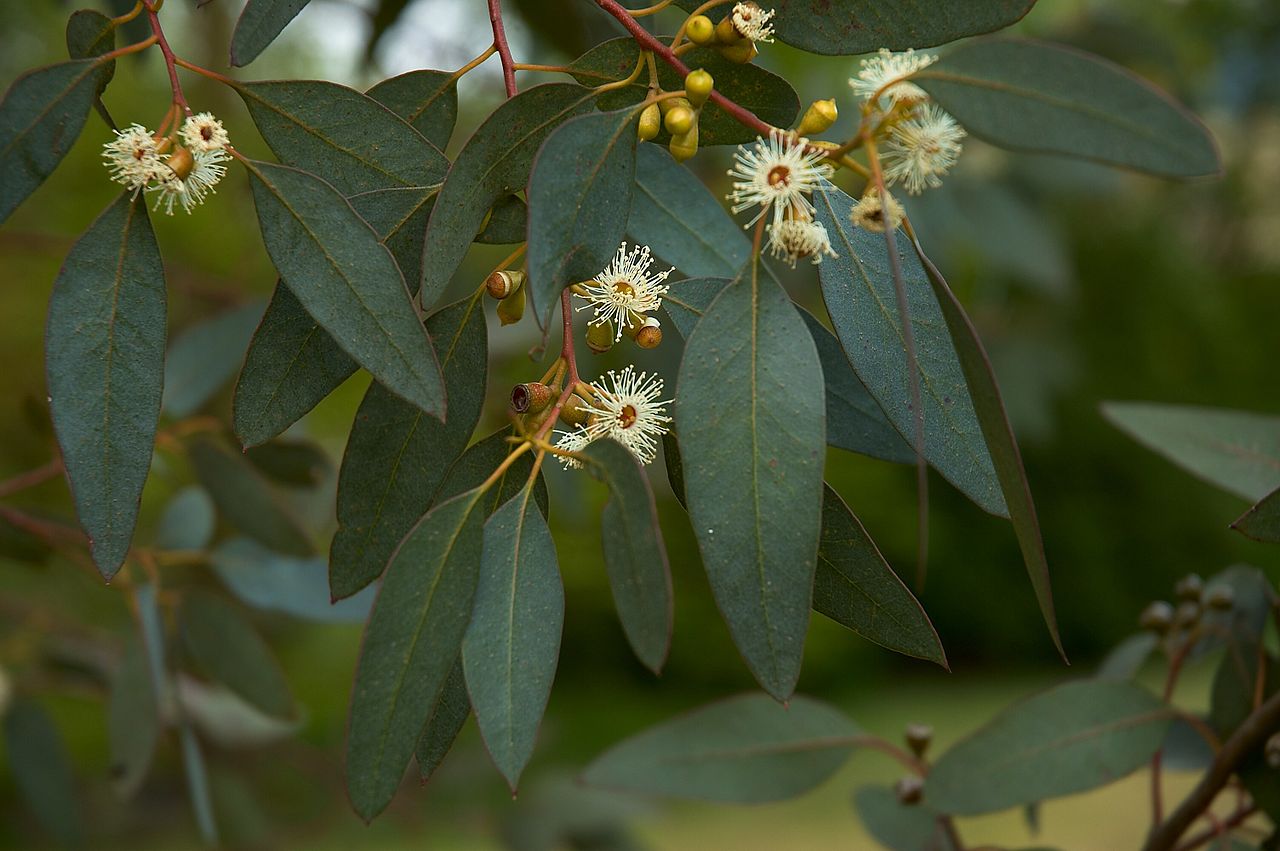
The researchers replicated a “heat wave of the future,” growing trees in special Whole Tree Chambers at the University of Western Sydney in Australia. Scientists utilize the chambers to grow nearly full-height trees in a fully controlled environment, where they can measure the rate of photosynthesis and water use of trees. In the study, they artificially caused a year of warming and then a high-intensity heatwave on the trees for four days.
Initially, the researcher team thought that the trees would die because of hydraulic failure and carbon starvation. However, as the study progressed, they discovered that the eucalyptus trees were fine. The trees did not have burn damage, and their growth rate remained the same. The trees were able to cope with the heatwave using several strategies.
One of the strategies the trees used involved preventing their leaves from reaching extremely high temperatures by enabling large amounts of water to evaporate. This process, also known as transpiration, retained the leaf temperature cool enough to stay healthy. Moreover, the eucalyptus trees used water from the soil, in which they effectively found and extracted water from over five feet below the surface. They did this to keep their high rates of transpiration. Furthermore, the Australian eucalyptus tree also increased their tolerance to high temperatures.
“The can maintain a healthy canopy and, essentially, wait out the heat,” explained John Drake, who currently works as an assistant professor at the State University of New York College of Environmental Science and Forestry (SUNY-ESF).
The findings of the study, which were published in the journal Global Change Biology, described the mechanisms by which eucalyptus trees in Australia remain functional even under extremely hot conditions. (Related: Eucalyptus trees actually 'mine' gold and deposit it in their leaves)
The uses of eucalyptus and its health benefits
Native to Australia, eucalyptus is a fast-growing evergreen tree. There are more than 400 different species of eucalyptus. However, Eucalyptus globulus, also known as blue gum, is the primary source of eucalyptus oil used around the world. Eucalyptus oil has various uses. It is used as an antiseptic or flavoring and in perfumes, cosmetic products, dental preparations, and industrial solvents. The oil is extracted from the eucalyptus leaves that were steam distilled. The leaves also contain flavonoids, which are plant-based antioxidants, and tannins, which may help reduce inflammation. Eucalyptus is also used as a treatment for several conditions. Listed below are the health benefits of eucalyptus.
- Contains antimicrobial properties – Toward the end of the 19th century, eucalyptus oil was used in most hospitals in England as a cleaning agent for urinary catheters. A study published in the journal Clinical Microbiology & Infection found that eucalyptus oil may provide antibacterial effects on pathogenic bacteria in the upper respiratory tract.
- Relieves colds and respiratory problems – Eucalyptus is used as an herbal remedy to relieve symptoms of common cold. Its fresh leaves used in a gargle is used to relieve a sore throat, sinusitis, and bronchitis, while its oil vapor seems to act as a decongestant when inhaled.
- Supports dental health – Because of its antibacterial and antimicrobial potential, eucalyptus is used in some mouthwash and dental preparations. Eucalyptus fights bacteria that cause tooth decay and periodontitis.
- Repels insects – The oil of lemon eucalyptus is used as an insect repellent as it effectively keeps mosquitoes away. It is also used as insecticide and miticide, for killing mites and ticks.
- Relieves pain – Eucalyptus extract is used as a pain reliever, and research shows that the oil may contain analgesic properties.
Read more news stories and studies about the environment by going to Environ.news.
Sources include:
Please contact us for more information.























